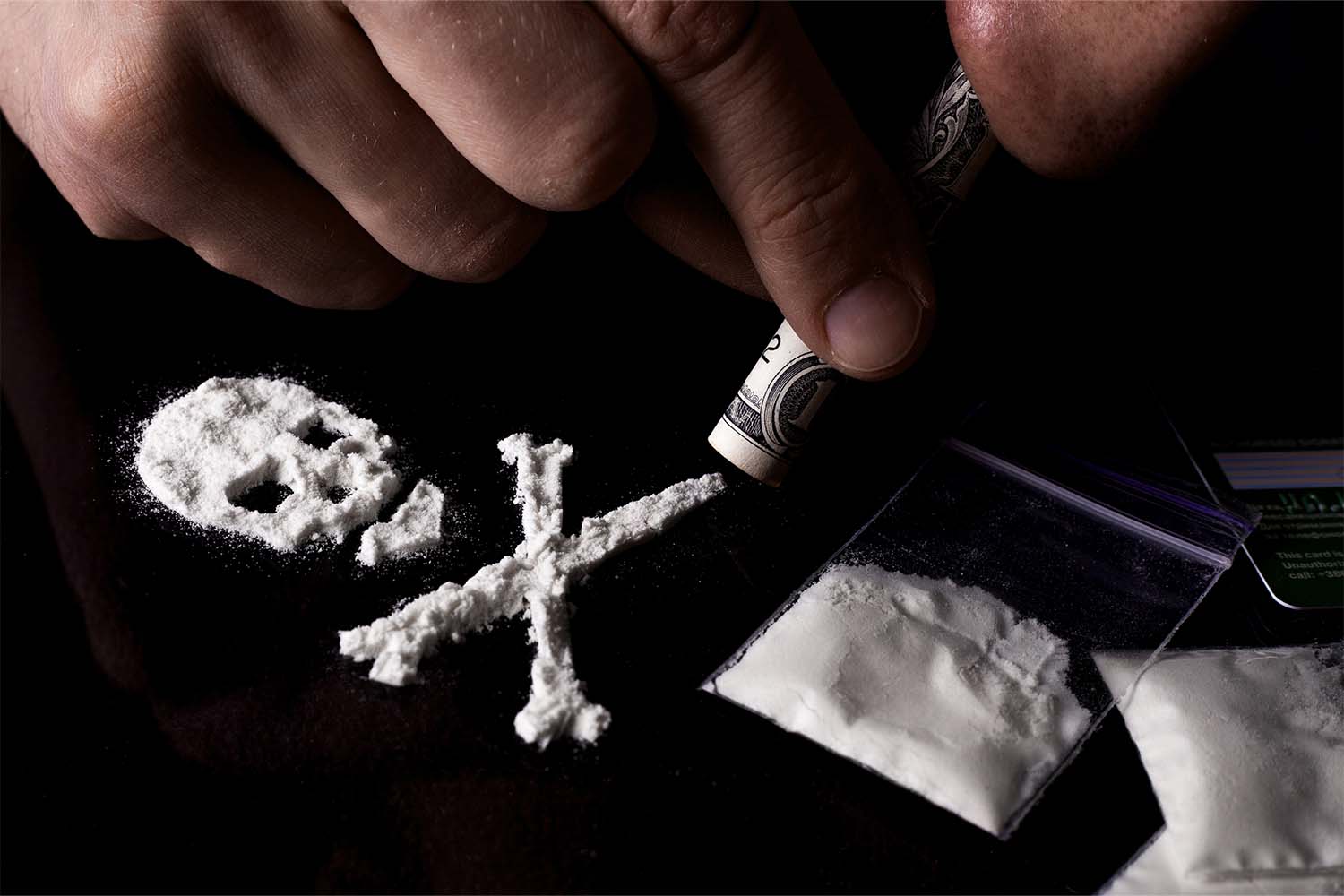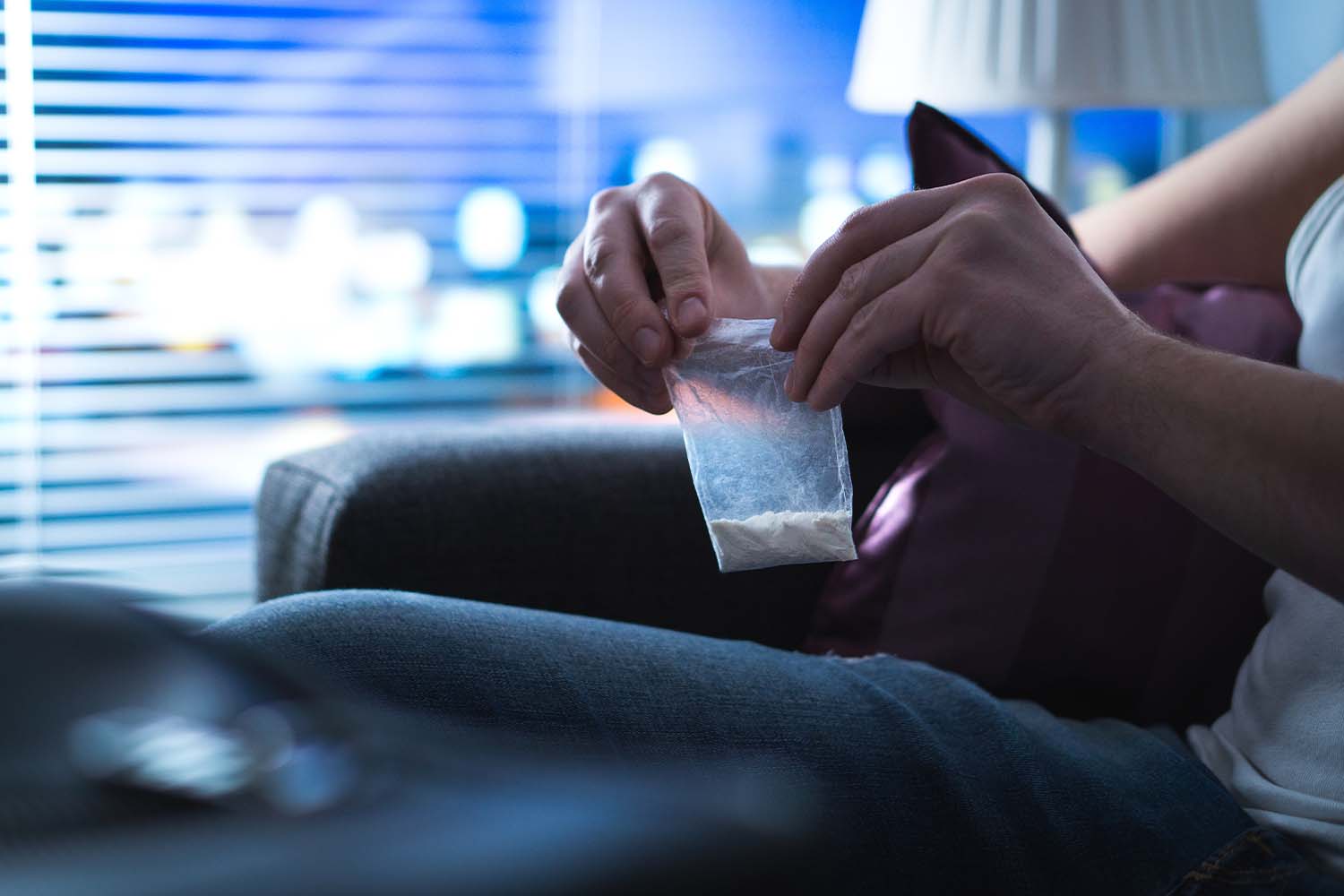If you want to enter a treatment facility for your substance use disorder, you will first undergo a substance abuse assessment. This allows the providers at the facility to better understand your condition, needs, and history.
This assessment will determine if you or a loved one has a substance use disorder. Many individuals in our society use alcohol and recreational drugs, but that doesn’t always mean they have a substance use disorder.
Sometimes the lines are blurred on whether or not someone might be abusing a substance. This assessment allows for health professionals to determine the level of use.
There is no need to prepare for this assessment. The best thing you can do is tell the truth and remain open with the clinician to create a treatment plan. Keep reading to learn more about substance abuse assessments and what to expect from them.
What Is a Substance Abuse Assessment?
A substance abuse assessment is a face-to-face meeting between an individual and an addiction care professional. This meeting is usually about an hour long and goes over various questions to learn more about that specific person’s relationship to substances.
It’s important for the healthcare provider to understand the patient’s family, social, occupational, legal, medical and mental health history, and substance use patterns. Past behaviors, such as driving under the influence or DUI and opioid abuse, should be shared to help form a more complete picture of your struggles — and help develop the best course of treatment.
The assessment session can better determine what level of substance misuse you are struggling with and to figure out the right treatment options to fit your needs. Depending on your needs and your schedule, you may be offered outpatient services over an inpatient stay, or a detox followed by weeks of inpatient care.
Your substance abuse story and your daily life will help professionals plot out the best course of action. The substance abuse assessment helps to place you exactly where you need to be so you can rise above your alcohol abuse.
What To Expect During a Substance Abuse Assessment
Substance abuse assessments are usually broken into two sections: the initial screening test and the actual assessment. As mentioned above, not everyone who uses substances has an addiction.
The first step in the substance abuse assessment process is to determine if there is an actual problem.
The Screening Process
The screening process allows whoever is administering the assessment to say: yes, this person has a substance abuse problem, or, no, this person does not misuse substances. This first step in the process allows for preemptive care.
During this time, the administrator might notice that the patient is seriously struggling and is open to receiving help. The substance use assessment is an important tool to getting relevant answers.
Different assessment tools that are used in this process include:
- CAGE Substance Abuse Screening Tool: This tool was initially created to better understand an individual’s alcohol use, but it can be adapted to drug abuse as well. The only issue with this is that if someone is trying to hide their substance use issues, these questions might not fully showcase the extent of the problem. It asks four questions:
- Have you ever felt you should cut down on your drinking or drug use?
- Have people annoyed you by criticizing your drinking or drug use?
- Have you felt guilty about your drinking or drug use?
- Have you ever had a drink or used drugs first thing in the morning to steady your nerves or to get rid of a hangover?
- Substance Abuse Subtle Screening Inventory (SASSI): A tool that helps determine whether substance use extends beyond social use into more serious levels. This tool also helps to determine how willing someone is to get help and how much they understand about their substance use.
- Alcohol Use Inventory (AUI): This tool is self-administered and can be used to track how much alcohol you are consuming. It asks you questions about your use, how frequently you use, at what points in the day you turn to alcohol, and if it’s affected your family members or friends.
Once you’ve undergone the screening process, you will either continue with the assessment to gain a more in-depth understanding or discuss substance abuse prevention strategies to avoid falling deeper into addiction.
The Assessment
If it’s been determined that you have a substance use disorder, the next step is a more in-depth assessment. During the assessment, your counselor is looking for direct evidence to back up their claims in order to help get a diagnosis.
The questions from the screening test will be asked again but in more depth. This will help you get a better understanding of your history and needs.
Some of the tools that are used during the assessment are:
- Diagnostic Interview Schedule-IV (DIS-IV): This is a structured questionnaire that helps to determine if there is a diagnosis for substance use disorder the way that it’s defined in the Diagnostic and Statistical Manual of Mental Disorders. The first step is usually an exact diagnosis to understand treatment programs better. Almost anyone can administer this test as you simply have to follow along with the questions, but it might not be as in-depth.
- Addiction Severity Index (ASI): This tool is a semi-structured questionnaire that asks more personal questions about your substance use over the course of your lifetime. This is often more in-depth and asks detailed questions about family, friends, mental health, legal issues, emotions, and other histories to understand the diagnosis.
After the assessment has been completed, the providers will begin crafting an addiction treatment plan that is specific to your needs. This will offer you the best chance for success and recovery.
Entering Treatment at Soba Texas
In order to enter a treatment facility to treat your substance use disorder, the substance abuse assessment is required. It helps to determine your path through treatment and recovery, which is why it’s so important that you are truthful and upfront with your provider.
Here at the Soba Recovery Centers in San Antonio, Texas, we consider an assessment essential. It allows us better insight into your substance use history and helps us determine your needs.
Working towards recovery is not only your goal but ours. We want to help you succeed and reach recovery so that you can live the type of life you deserve. But we have to start somewhere.
At Soba’s treatment facility, that means undergoing a substance abuse assessment before we can move forward. If you or a loved one is potentially struggling with a drug addiction or other substance use disorder, reach out to a representative at our treatment center to learn more about the inpatient services offered.
It’s never too late to get help, and you can do so in the comfort of Soba professionals.
Sources:
CAGE Substance Abuse Screening Tool | Johns Hopkins Medicine




